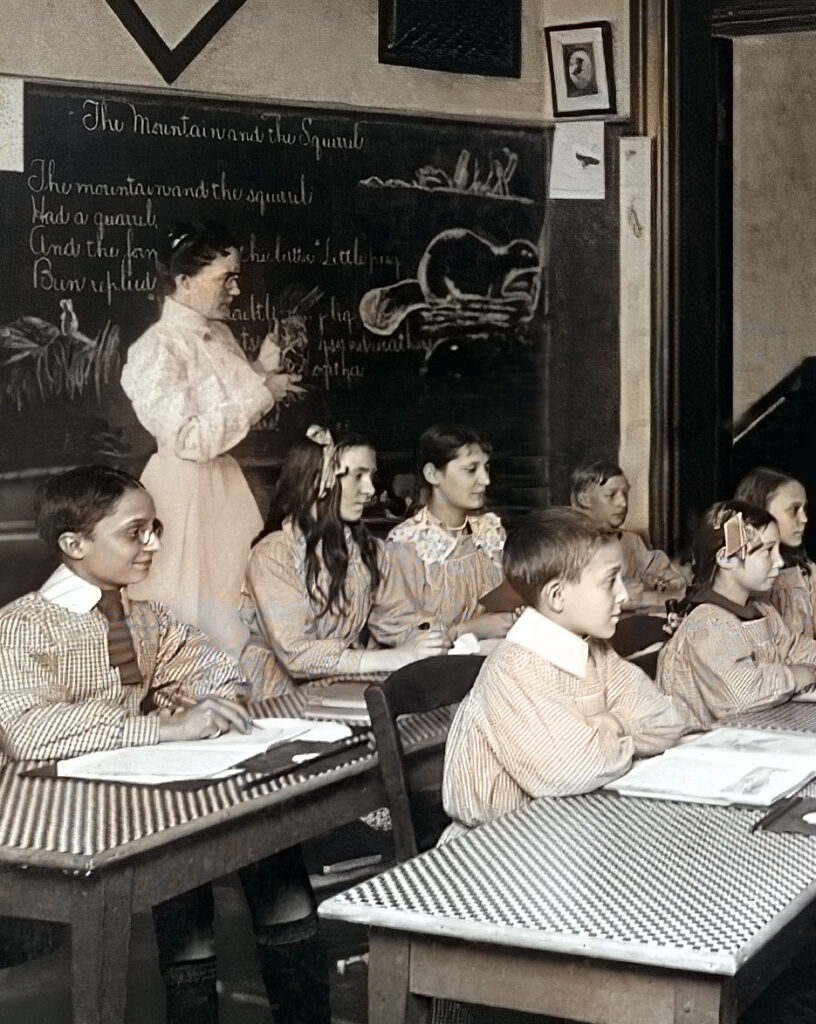When I was in third grade, my class was introduced to a strategy called SQR1, which was supposed to improve our reading comprehension. It required that we engage in three steps when we encounter any new piece of reading material:
- Skim. Briefly look through the text to get a sense of what it’s about. Get additional clues from the book jacket or in the table of contents.
- Question. Come up with some questions that you think the text will be able to answer.
- Read. Read the text with the aim of finding answers to your questions.
I found this prescription galling. First, nobody has any right to tell me how to think; what I do with my mind when I read is my own business. And second, why waste time with the first two steps when I can just read the damn book? I silently rebelled by refusing to engage in SQR whenever I wasn’t explicitly instructed to.
Around the same time, my father was encouraging me to go through the newspaper every day, from the front page to the last. “You don’t have to read the articles,” he said. “Just look at the headlines. Then if you come across an article that interests you, you can read it.” That seemed pointless. I already knew what I wanted to read in the paper: the comics and Ann Landers’s advice column. (I don’t know why a third grader would be so attached to reading Ann Landers, but I was. Perhaps it’s because she appeared so much more sensible than the other adults in my life.) I dismissed my father’s recommendation as just another thing that your parents tell you to do because it’s good for you.
The funny thing is that many years later, I realized that I was doing just those things that I’d rejected as a child: I was skimming and anticipating before reading a book, and I was diligently looking through the news headlines every day. And it wasn’t because I’d been taught to do those things when I was young; I’d long forgotten about SQR. It was because they were natural outgrowths of curiosity: If you’re interested in the subject of a book, you’ll naturally want to get some context before diving in. If you’re interested in the news, you’ll naturally want to glance at the headlines every day.
In other words, everything I was taught was backwards. Learning rote behaviors doesn’t create interest; instead, having interest leads to those behaviors. Once I realized that, lots of other inexplicable things made sense.
Take organized religion, for example. From the time I began my Jewish education as a young child, I was mystified by what was expected of me. Instead of being taught facts as I was in public school, I was being taught a set of unprovable beliefs in Hebrew school. I had friends who went to Catholic school and were being taught beliefs that were entirely different, yet they were supposed to accept them in the same unquestioning way that I was supposed to accept Jewish ideology. Why was that considered normal? Why would anyone subscribe to a religion that arbitrarily told them what to believe, instead of allowing themselves the freedom to believe whatever they wanted to?
It wasn’t until I was in my 20s, and was drawn into a Quaker community where I felt surprisingly at home, that I realized I had it backwards. People didn’t form religions in order to be told what to believe; instead, they had beliefs, and they found support by gathering with people who had beliefs similar to theirs. That was a perfectly natural and understandable thing. If there is pressure to believe what one’s family and community believe, that’s a corruption of religion, not inherent in the idea of religion itself.
I was reminded of the backwards nature of our attitude toward religion after my younger sister died a few years ago. Although she had been diagnosed with pancreatic cancer a year earlier, her actual passing was difficult to accept, and I remained in a state of shock. My wife asked me whether I wanted to sit shiva, and I said no. Sitting shiva is a Jewish tradition in which, after the death of a family member, the remaining members of the immediate family gather together for a week to support each other in mourning. (“Shiva” is the Hebrew word for seven, referring to seven days.) People who are sitting shiva don’t do any work, don’t prepare meals, and don’t leave the house; instead, friends come by with food and condolences.
I objected to sitting shiva because, as has been true since childhood, I resist following Jewish traditions simply because I’m supposed to. “If you don’t want to sit shiva,” Debra asked, “what would help you feel better?”
“I don’t know,” I said. “I don’t want to do anything. I think I just want to stay home, with you. If friends want to come by, that would be nice.” I began to realize what I was saying. “And maybe they can bring food.” We both laughed. Clearly, sitting shiva wasn’t needed because it was a tradition; it was a tradition that came about to fill a need. It was yet another thing I’d learned backwards.

Recent Comments